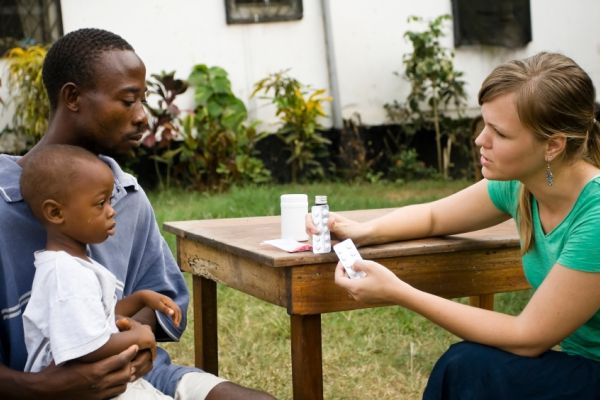The ethics of research related to healthcare in developing countries
Report
Published 24/04/2002

Is it ethically acceptable to conduct research in a country that may not be able to afford to provide the treatment if it is effective? This is not always a straightforward issue. For example, sometimes the cost of treatments can drop dramatically after research, or an agreement may be reached with a pharmaceutical company that the treatment will be provided for free for a certain period.
Providing access will depend on several factors, including whether alternatives exist, the relative burden of the disease and the costs of supplying treatment.
Should an intervention be provided after the trial?
The report considers the provision of post-trial treatment to three groups of people: members of the control group, all of the research participants, and the wider community. The possibility of providing successful interventions to the wider community is often the most contentious issue.
We conclude
We acknowledge that it may not be possible to ensure post-trial access in all cases. However, we conclude it is not ethically acceptable for research to begin without a decision being made as to whether members of the control group will receive an effective intervention. Researchers should also endeavour to secure post-trial access to successful interventions for all trial participants.
The possibility of providing a treatment in the wider community should be considered before research is begun and we recommend that possible options should be clarified as early as possible.
Who should be responsible for making a successful intervention available?
We consider that the provision of new medicines or improved healthcare is primarily the responsibility of national governments. We recognise that sponsors may not be in a position to make long-term commitments before beginning a trial. However, researchers and sponsors should address the issue before starting research. They may also play a role by contributing to the development of local healthcare facilities.
Where participants have chronic diseases, who should be responsible for providing continuing care after the research is over?
Participants in research may have conditions that require continuing treatment. In such cases, it may be suggested that there is an obligation to continue to provide an intervention that has been shown to be effective. Researchers should try to secure post-trial access for effective interventions for all participants before the trial begins.
The report also considers questions relating to adverse affects that occur as a result of an intervention under evaluation; long-term surveillance of participants after the research is over; the responsibilities of researchers, sponsors, international agencies and governments; and the continued provision of a higher level of healthcare.

Share